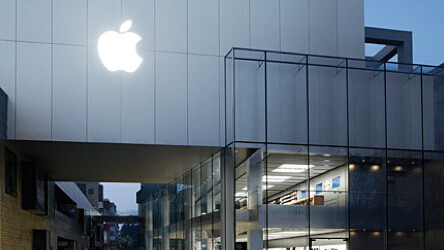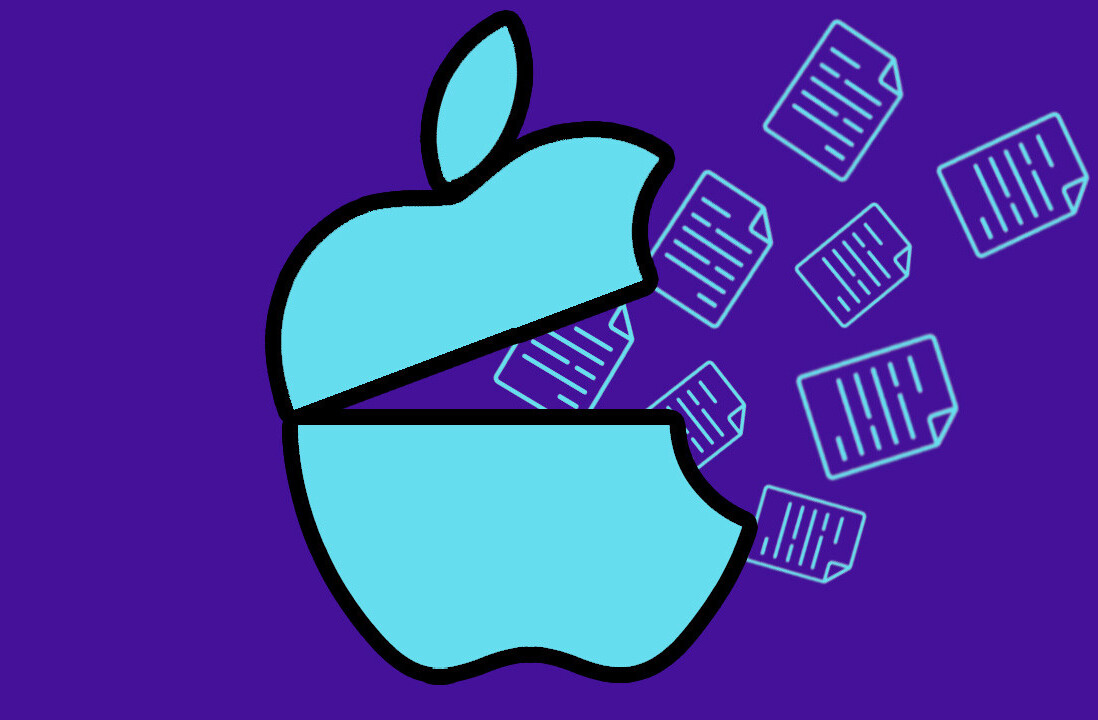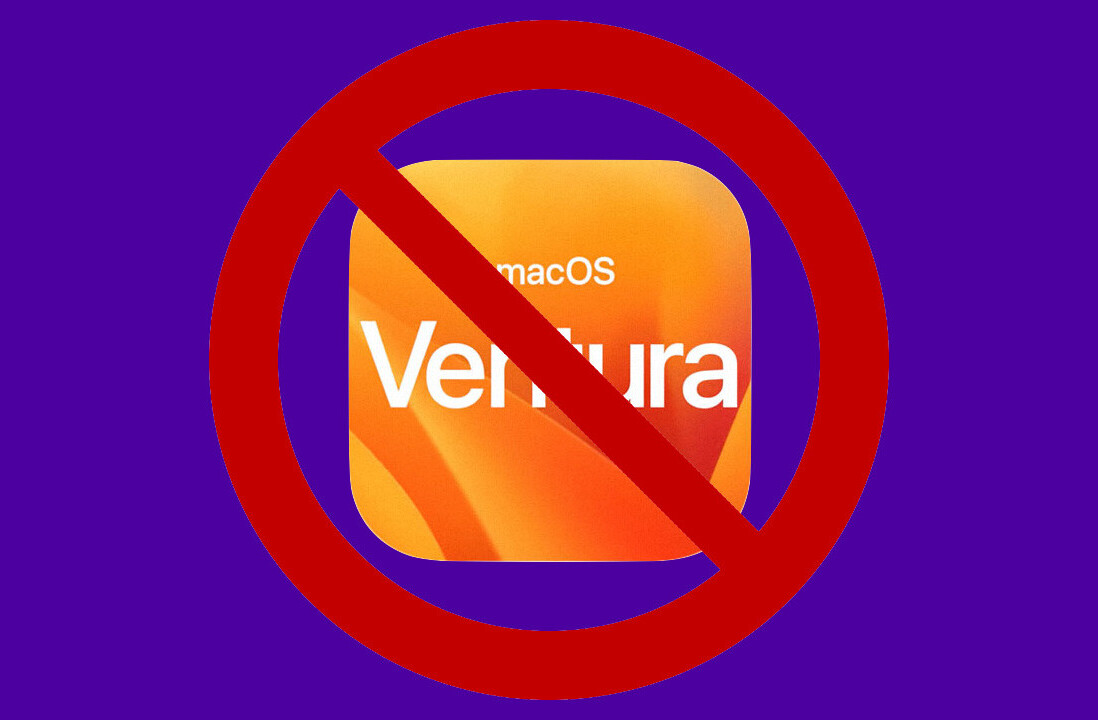
China is a notoriously tough market for American brands. The last few years has seen tech giants like Google struggle to do business due to restrictive censorship and retail giants like Best Buy and Home Depot have found that heavy price competition makes it hard to gain a toehold. Yet, despite the conventional wisdom, Apple’s business in China is booming and it’s not lower prices but better presentation that’s driving their success.
The Chinese economy is having some of its best years ever due to the rising world demand for consumer electronics, much of which is manufactured in China’s city-sized factories. The Mercury News reports that this has led to the average Chinese citizen being more flush with cash than ever before and ready to spend it on what would previously be deemed as unaffordable luxury.
Paul French of Shanghai-based Access Asia indicates that the increase in middle class affluence is behind the increase in purchasing power. “There is now enough of an urban middle class with enough money to afford Apple products. Five years ago — or even two or three years ago — there weren’t enough of those people.”
Five years ago, Apple didn’t have a retail store in China, now it has four, including a stunning split-level glass and metal flagship store in Sanlitun, an area of Beijing known more for its nightlife than its retail outlets. Those stores aren’t barely surviving either, with $2.6 billion in revenue this year, four times what we saw last year from Apple in China. This should mean that Apple is fighting the price war well in China, offering its products for less than they can be purchased in the US, but that’s not actually true. In fact, Apple sells a comparatively specced 13-inch Macbook Air for $180 more in China than it does stateside.
This success seems to fly in the face of conventional wisdom, typically premium products have not sold well in cost conscious China. Some, like Piper Jaffray analyst Gene Munster, say that Apple will have to eventually compete on price or risk losing the Chinese consumer. “The iPhone is going to be huge in China. That’s a given.” he tells the Mercury News. “But if Apple wants it to flow out across China, it has to come up with lower price points.”
Yet Apple shows no signs of slowing down in the Chinese market, which is projected to account for 10 percent of Apple’s revenue within 5 years.
When asked, locals said that in a country where the people like to try products out before they purchase them, Apple is doing the best job of presenting those products. Apple’s retail stores offer the Chinese consumer a chance to test the products in a beautiful and visually stimulating atmosphere and those efforts are paying off with big sales numbers. This kind of attention to the senses and emotions of the consumer wasn’t pioneered by Apple of course, but they are one of the first major companies to bring that kind of experience to China’s city centers in a big way.
This difference in the way that the products are presented is doing its job in separating Apple’s products from the rest of the pack almost everywhere that its retail stores are located, but nowhere is that effect felt more than in China. A country where consumers are hungry for polished products presented in a stimulating atmosphere and they finally have the cash to afford them.
Get the TNW newsletter
Get the most important tech news in your inbox each week.




